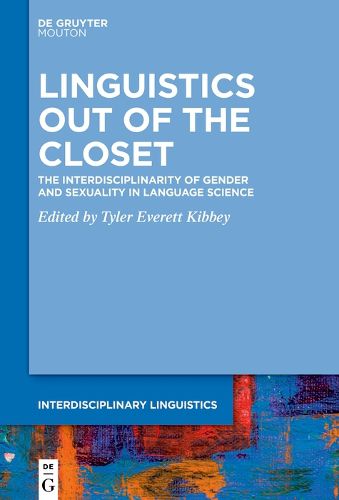Readings Newsletter
Become a Readings Member to make your shopping experience even easier.
Sign in or sign up for free!
You’re not far away from qualifying for FREE standard shipping within Australia
You’ve qualified for FREE standard shipping within Australia
The cart is loading…






Queer linguistics - in its position as both a linguistic science of and for queer folk - is inherently agitating to the disciplinary anxiety of a general linguistic science. It represents, as all queer science does, a disruption of the normative modes of knowledge production and a displacement of academic authority. This collection reconsiders the placement of the queer subject, both as the researcher and as the researched, within and beyond the discipline and provides an intellectual space for the interdisciplinary (and sometimes anti-disciplinary) linguistic science of gender and sexuality. In three sections, it respectively considers the development of hyper-speciated queer linguistic subfields, the interdisciplinarity of intersectional approaches to queer language, and the institution of queer linguistic science both within and beyond the academy. Taken together, the essays in this collection confront the scientific and institutional discipline of linguistics from a queer vantage point, one which is perhaps inherently interdisciplinary in its formulation.
$9.00 standard shipping within Australia
FREE standard shipping within Australia for orders over $100.00
Express & International shipping calculated at checkout
Queer linguistics - in its position as both a linguistic science of and for queer folk - is inherently agitating to the disciplinary anxiety of a general linguistic science. It represents, as all queer science does, a disruption of the normative modes of knowledge production and a displacement of academic authority. This collection reconsiders the placement of the queer subject, both as the researcher and as the researched, within and beyond the discipline and provides an intellectual space for the interdisciplinary (and sometimes anti-disciplinary) linguistic science of gender and sexuality. In three sections, it respectively considers the development of hyper-speciated queer linguistic subfields, the interdisciplinarity of intersectional approaches to queer language, and the institution of queer linguistic science both within and beyond the academy. Taken together, the essays in this collection confront the scientific and institutional discipline of linguistics from a queer vantage point, one which is perhaps inherently interdisciplinary in its formulation.